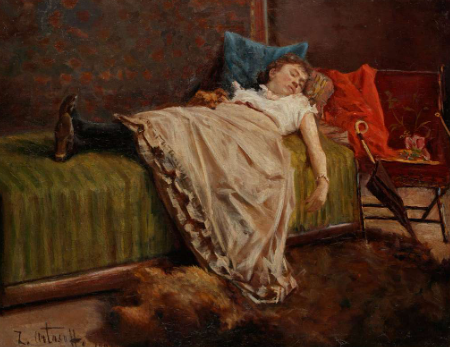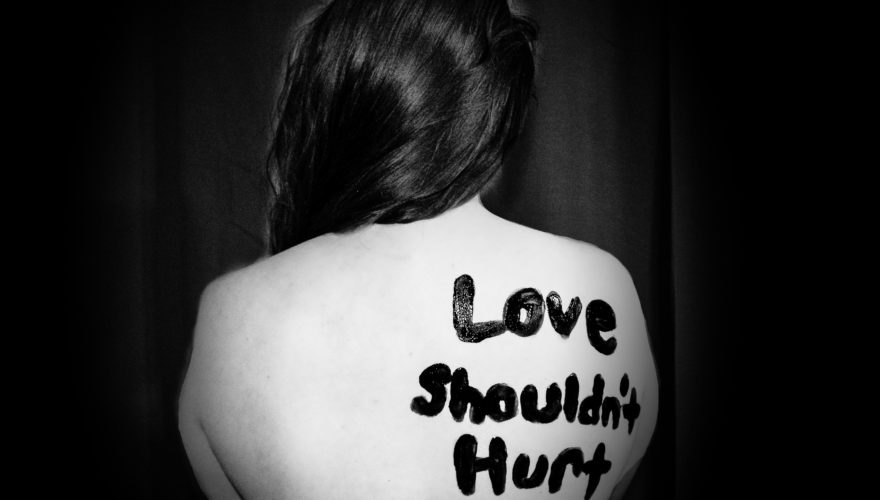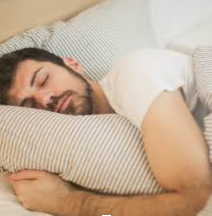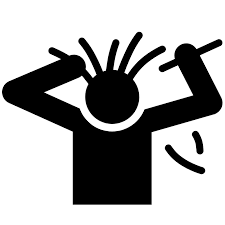
Do you have sleep paralysis? 40% of people will experience an episode of sleep paralysis at least once in their lifetime. Let’s take a look at what sleep paralysis truly is and how it affects people’s mental health on a day-to-day basis.
Sleep paralysis occurs when your body becomes paralyzed, This happens because you’re moving from the final phase of your sleep cycle, which is the REM (rapid eye movement) cycle, to waking up, and you’re gaining some awareness of your surroundings mentally; however, physically, you are motionless because you’re still under the paralyzing effects of the REM sleep phase. This happens because during REM sleep, we usually dream, so we don’t act out our dreams, leading our brain to paralyze our muscles during this. A sleep paralysis episode can be very terrifying, but it’s important to remember that an episode is only temporary. And will only last on average, a few seconds to a couple of minutes.
Sleep paralysis happens because when you regain awareness from or come out of REM sleep, your body hasn’t completely switched sleep phases or woken up. When you sleep, your brain sends signals that relax your muscles in your legs and arms while asleep, which comes from the result of muscle atonia that helps you REM sleep. As you’re in REM sleep, you will typically dream. Your brain prevents the muscles in your limbs from moving to make sure you aren’t acting out those dreams while asleep, due to the possibility of an injury. Also, each night we go through a total of 4-6 sleep cycles per night. Each sleep cycle consists of 4 phases. The first 3 phases are non-REM. The final phase is a REM phase, and it takes increasingly more time in each cycle as you progress and finally wake up. It’s important to mention that it can be possible to experience sleep paralysis during the night, but it’s more common in the morning. If you have an episode at night, it can be associated with a sleep disruption that wakes you from a REM phase and prevents you from moving on to your next cycle.
How can sleep paralysis affect your mental health?
To start, mental health heavily impacts how you sleep and whether you’ll experience interruptions throughout. Sleep paralysis has been associated with mental health disorders like PTSD and other anxiety disorders. As well as being at higher risk for experiencing sleep paralysis if you already have a sleep disorder, due to any interruptions that could trigger abnormal REM behaviors. Although sleep paralysis isn’t necessarily linked to mental illness because it is categorized as a sleep behavior condition, it can be induced by mental health disorders. You may experience sleep paralysis infrequently, depending on how your mental health is doing. For example, you might experience it when you’re highly stressed and haven’t set aside time to rest yet. Because there’s such a strong connection between mental health and sleep paralysis, it’s highly recommended that you treat your mental health first. Lastly, to combat sleep paralysis, you can use various methods. To give an example, creating a nighttime sleep schedule can be highly effective. Going to bed at the same time and waking up at the same time every day ensures that you’ll get the same amount of sleep each night, which can help reduce stress and anxiety before bed. As well as avoiding stimulants like caffeine, alcohol, and eating late at night. Anything that could interrupt your sleep could be linked to you having an episode.
All in all, sleep paralysis is a scary experience that might happen to a lot of us one day. After diving into what sleep paralysis is and how it relates to our mental health, I can say that those who experience it have ways to prevent it, like making a sleep routine and avoiding stimulants before bed.

































































































































